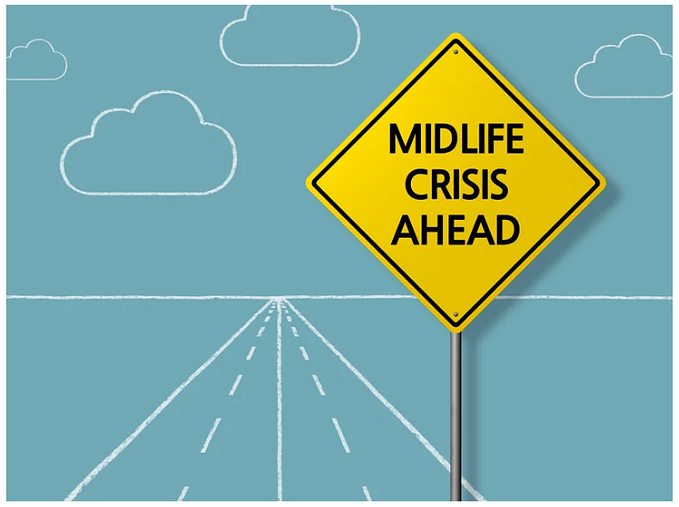Member-only story
People Who Have Dogs Live Longer (Which Means More Time With Their Dogs)
The findings are not definitive, but new research suggests there are benefits to living with a pooch

 Caroline Kramer says adopting Romeo, her Miniature Schnauzer, has caused her to get more physical activity every day, “and he has filled my daily routine with joy and unconditional love.” So Kramer is not surprised by the results of two new studies, including one she led, that find having a dog is linked to longer life and better outcomes for people who’ve had a heart attack or stroke.
Caroline Kramer says adopting Romeo, her Miniature Schnauzer, has caused her to get more physical activity every day, “and he has filled my daily routine with joy and unconditional love.” So Kramer is not surprised by the results of two new studies, including one she led, that find having a dog is linked to longer life and better outcomes for people who’ve had a heart attack or stroke.
Kramer’s team reviewed 10 separate studies involving 3.8 million people, finding the following benefits linked to dog ownership:
- 24% lower risk of premature death by any cause
- 31% lower risk of death due to cardiovascular-related issues
- 65% lower risk of death after a heart attack
“Having a dog was associated with increased physical exercise, lower blood pressure levels and better cholesterol profile in previous reports,” says Kramer, an assistant professor of medicine at the University of Toronto and an endocrinologist at Mount Sinai Hospital. The research did not account for confounding factors, however, such as whether dog ownership leads to a healthier lifestyle, or if healthier people own dogs, so it does not prove cause and effect. Still, Kramer says, “Our findings suggest that having a dog is associated with longer life.”
The results are published in the journal Circulation: Cardiovascular Quality and Outcomes.
A second new study in the same journal examined data on more than 180,000 people in Sweden who had heart attacks and more than 150,000 people who had strokes. Compared to people without dogs, the risk of death after a heart attack and upon returning home was 33% lower among those who lived alone but had dogs, and 15% lower for those living with a partner or child and a dog. Slightly lower but similar improved survival figures were found for people who had strokes and owned dogs.
Physical activity and social interaction are thought to be behind the link, says study team member Tove Fall, a professor at Uppsala University.









